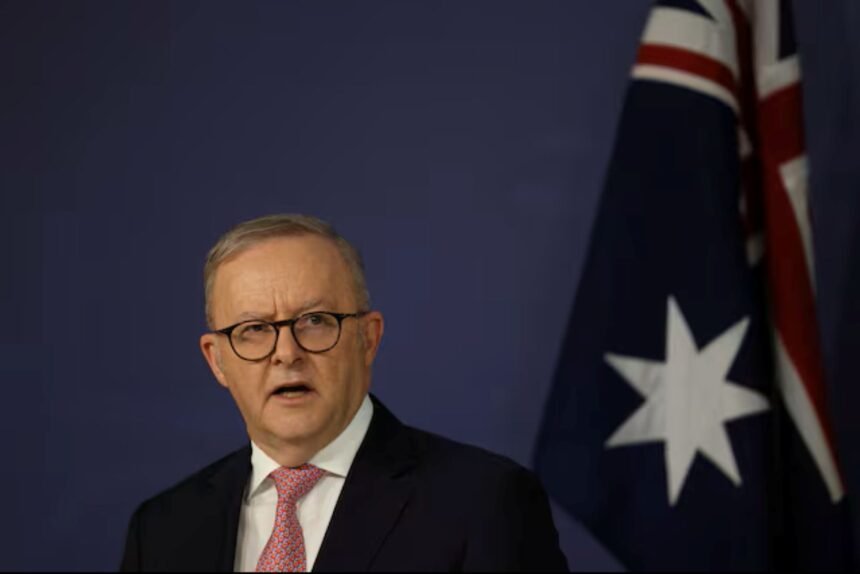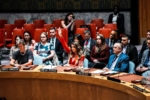Australian Prime Minister Anthony Albanese departs for the United Nations General Assembly (UNGA) in New York this weekend, where he is expected to strengthen ties with the United States and potentially meet President Donald Trump for the first time.
Albanese’s office confirmed he will attend a reception hosted by Trump on Tuesday, though a bilateral meeting has not yet been formally announced. Trump said earlier this week that the Australian leader would visit him “very soon,” fueling speculation about a face-to-face meeting.
Focus on Security and AUKUS
Analysts say the top priority will be reinforcing the U.S.–Australia alliance, which has seen limited direct engagement since Trump’s election 10 months ago.
“The main priority for Mr. Albanese when he meets with President Trump will be to thicken up the relationship,” said Michael Fullilove, executive director of the Lowy Institute.
Former Australian ambassador to Washington Arthur Sinodinos noted that securing Trump’s in-principle support for the AUKUS nuclear-powered submarine pact will be vital to ensure investment and stability in the partnership, designed to counter China’s naval expansion in the Indo-Pacific.
King Charles had also given a “strong plug” for AUKUS during Trump’s recent visit to the UK, describing it as a “vital collaboration” between the U.S., Britain, and Australia.
Policy Differences at UNGA
While in New York, Albanese will:
- Support Palestinian statehood, diverging from Washington’s stance.
- Speak about Australia’s law banning social media for children under 16, a policy Trump has criticized as unfair to U.S. tech firms.
Shared Ground: China and Trade
Despite differences, both countries share a common interest in breaking China’s dominance in critical minerals. This week, over 20 Australian critical mineral companies met with Trump administration officials to discuss cooperation.
On trade, Australia will press Trump to honor a free trade agreement that currently runs a surplus in Washington’s favor. Canberra highlighted that its 10% baseline tariff is already the most favorable arrangement struck by any U.S. partner.
Strategic Pacific Islands
Australia recently announced an additional A$12 billion ($8 billion) investment to upgrade its Western Australian shipyard for AUKUS submarine maintenance, in line with U.S. pressure for higher defense spending.
However, its efforts to bolster influence in the Pacific Islands have faced setbacks. Security treaties with Vanuatu and Papua New Guinea remain unsigned, leaving room for Beijing to expand its presence. China’s embassy in PNG openly opposed treaties that “restrict or prevent” sovereign states from engaging with third parties.







